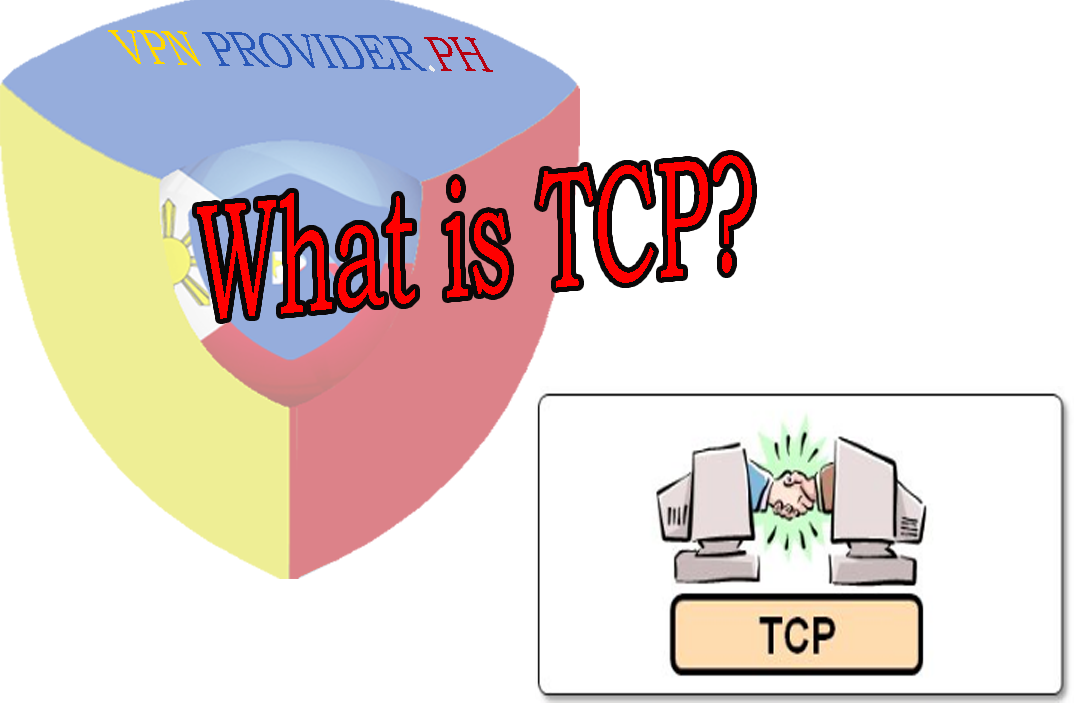TCP and UDP are two of the most widely used protocols for transmitting data over the internet. While they share some similarities, they are fundamentally different in terms of their approach to data transfer, and each has its own advantages and disadvantages.
TCP, or Transmission Control Protocol, is a connection-oriented protocol. This means that it establishes a connection between two devices before data can be transmitted. During this connection setup process, TCP negotiates various parameters, such as the size of the data packets and the number of packets that can be sent before receiving an acknowledgment. Once the connection is established, data is transmitted in a reliable manner, meaning that TCP implements error checking and flow control mechanisms to ensure that data is delivered without errors and in the correct order.
One of the advantages of TCP is its reliability. Because it implements error checking and flow control, TCP is ideal for applications that require the complete and accurate delivery of data. For example, when you download a file or send an email, you want to be sure that the data is transmitted without errors. TCP’s reliability comes at a cost, however, as it requires a more complex setup process than UDP and can be slower due to its error checking and flow control mechanisms.
UDP, or User Datagram Protocol, is a connectionless protocol. This means that it does not establish a connection before transmitting data. Instead, data packets are sent independently of one another, without any guarantee of their delivery or order. UDP also does not implement error checking or flow control, which means that it is faster and has lower overhead than TCP.
One of the advantages of UDP is its speed. Because it does not implement error checking or flow control, UDP can transmit data quickly and with minimal network overhead. This makes it ideal for applications that require real-time data transfer, such as online gaming, video conferencing, and streaming media. However, UDP’s lack of reliability can also be a disadvantage, as lost or corrupt data can degrade performance.
Another disadvantage of UDP is its vulnerability to network congestion and packet loss. Because it does not implement flow control, UDP can overload a network with too many data packets, leading to congestion and dropped packets. In contrast, TCP implements flow control to prevent this type of network overload.
TCP and UDP are two fundamentally different protocols with their own strengths and weaknesses. TCP is ideal for applications that require reliable data transfer, while UDP is better suited for applications that require speed and low overhead. The choice of protocol depends on the specific requirements of the application and the trade-off between reliability and speed.



